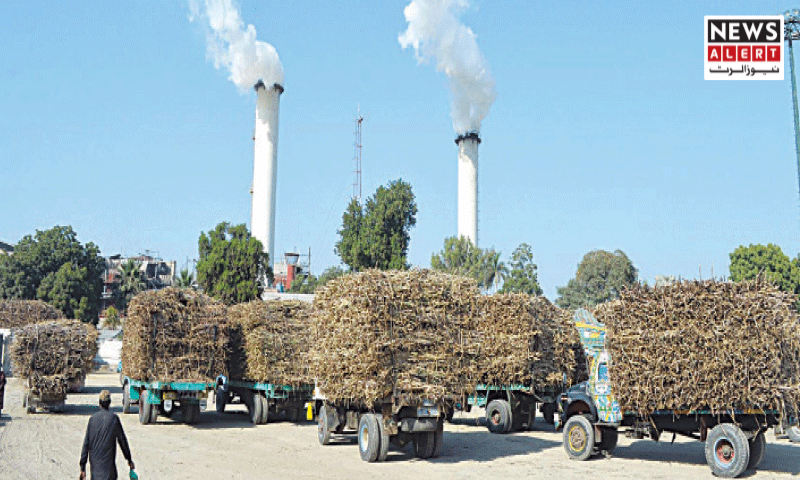Crushing Season Finally Underway
Forty-one sugar mills across Punjab have formally begun the new crushing season, marking a significant moment for both farmers and consumers. Officials expect that the start of crushing will help stabilise the local market. As a result, sugar prices may fall by up to 10 rupees per kilogram in the coming days.
The launch of the season follows weeks of uncertainty. Farmers had expressed frustration over repeated delays, while provincial regulators accused some mill owners of slowing down operations to influence prices. The beginning of crushing is therefore viewed as an important step toward normalising supply.
Regulators Tighten Oversight After Delays
According to sources in the Cane Commissioner’s office, many sugar mill owners used various tactics to delay crushing despite clear government deadlines. These delays raised concerns about shortages and potential price manipulation.
Consequently, district administrations were instructed to strengthen monitoring. Officials believe strict oversight will discourage mills from halting operations without justification. They also argue that timely crushing helps prevent black-market activity and curbs artificial shortages.
Earlier, the Cane Commissioner had announced possible action against mills that failed to begin operations on time. Facing regulatory pressure, the mills eventually activated their crushing units.
Farmers Voice Concerns Over Manipulation
On the other side of the supply chain, farmers continue to express strong reservations about the behaviour of mill owners. Khalid Bath, Chairman of Kisan Ittehad, alleged that the delays were deliberate. According to him, mills postpone crushing so they can purchase sugarcane at lower rates from farmers facing financial pressure.
He said this practice places farmers at a disadvantage, especially small growers who rely heavily on timely payments. In Punjab, more than half of rural households depend directly or indirectly on agriculture. Any disruption in the sugarcane procurement cycle affects household incomes and loan repayments.
Farmers argue that when mills delay crushing, cane begins to dry out, reducing its sucrose content. This leads to lower recovery rates, and growers receive less money for their produce. As a result, even minor delays can translate into significant financial losses.
Impact on the Market and Consumers
Economic experts believe that uninterrupted crushing is essential for maintaining a stable sugar supply. Pakistan’s sugar market is known for periodic volatility, often driven by seasonal shortages, smuggling, or speculative hoarding. A recent government decision to import 500,000 tons of sugar also reflects efforts to stabilise supply amid rising demand. In recent years, the country has witnessed several spikes in sugar prices, sometimes reaching record levels.
If mills continue operating without disruption this year, analysts expect an improvement in market supply. Consequently, consumers may benefit from more stable prices.
At present, sugar prices in many urban markets remain sensitive. Traders often cite supply inconsistencies as a key factor behind fluctuations. A consistent inflow of sugar from mills could help reduce this instability.
Why Timely Crushing Matters
Timely crushing plays a crucial role in the sugar industry for several reasons:
-
Improved Supply: A steady flow of sugar helps prevent shortages.
-
Reduced Black-Market Activity: When legal supply is stable, opportunities for hoarding or illegal sales decline.
-
Fair Farmer Compensation: Prompt operations ensure farmers receive payments without stressful delays.
-
Price Stability: Consistent production reduces market volatility.
Given the importance of this sector, regulators and farmer groups continue to push for transparency and strict compliance with seasonal timelines.
Looking Ahead
Experts say the next few weeks will be critical. If all 41 mills maintain their operations, the province could see improved sugar availability well into the first quarter of next year. This would support both farmers and consumers, easing pressure on household budgets and stabilising the broader agricultural economy.
For now, officials and farmers hope that the new season proceeds without the disruptions that have plagued the industry in the past.















